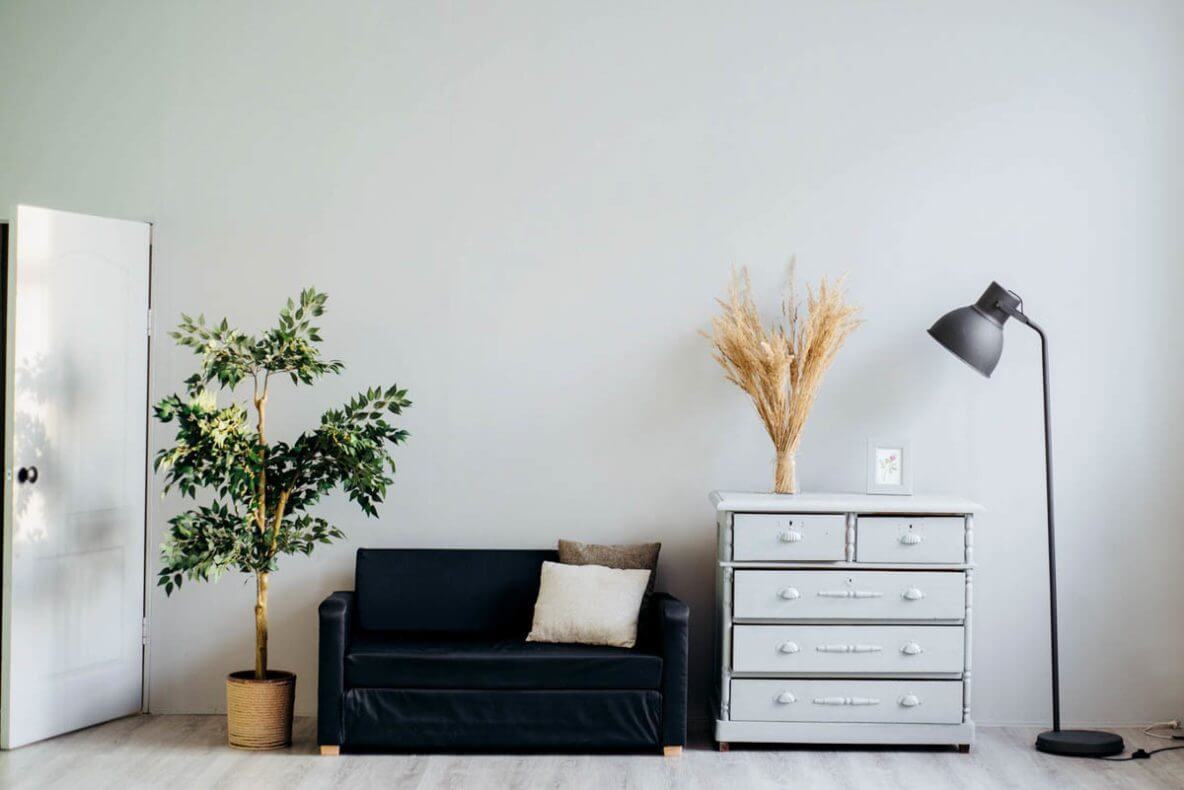
Inhaltsverzeichnis
5 Minimalismus-Gewohnheiten, mit denen du heute starten kannst!
Von Minimalismus ist heute immer wieder die Rede und es kann sein, dass man an den Punkt kommt, an dem man sich selbst fragt, ob das nicht auch was für einen selbst ist. Wenn man von diesem Lebensstil hört, klingt das alles immer sehr schön aber auch irgendwie echt anstrengend und nach viel Arbeit. Passt das denn eigentlich zu mir? Oder klingt es einfach verlockend weil es gerade Trend ist?
Gerade wenn man neu an diese Sache herangeht, können genau diese Fragen aufkommen. Deswegen möchte ich das Thema heute so aufdröseln, dass du einfache und konkrete Tipps mit an die Hand bekommst. Die sollen dir dabei helfen, Minimalismus in deinen Alltag zu integrieren, ohne gleich zu einem Hardcore-Minimalisten mutieren zu müssen.
Die Minimalismus-Gewohnheiten, um die es heute gehen wird, bringen dir die Essenz dessen näher, was Minimalismus ist und wofür es steht.
Also, ohne weiter drum herum zu reden: Los geht’s mit den 5 Minimalismus-Gewohnheiten, mit denen du heute starten kannst!
1. Räume jeden Abend auf
Aufräumen kann nervig sein. Dabei ist es bei mir häufig so, dass ich mehr Zeit damit verbringe, mich über das Chaos zuhause aufzuregen, als es eigentlich braucht, einfach aufzuräumen. Hat man morgens wenig Zeit oder weiß einfach mal wieder nicht was man anziehen soll, stapelt sich plötzlich das Geschirr in der Spüle oder der halbe Kleiderschrank auf dem Bett.
Was dagegen hilft, ist jeden Abend aufzuräumen. Alle losen Gegenstände wieder dahin zu räumen, wo sie hingehören. Zugegeben, das ist einfacher für mich als Studentin in einer Einzimmerwohnung als für eine Mutter oder für einen Hausbesitzer. Aber für mich macht das abendliche Aufräumen einen großen Unterschied. Dann weiß ich, was ich alles besitze und durch die Interaktion mit den Gegenständen weiß ich diese mehr zu schätzen. Außerdem fällt einem so auf, was man eventuell nachkaufen muss oder dass man etwas immer nur von rechts nach links bewegt und eigentlich gar nicht braucht. Es zwingt einen auf gewisse Weise auch dazu, sich jetzt mit diesen Dingen zu befassen und sie nicht aufzuschieben. Wenn sich Zeugs ansammelt und aufschiebt, muss man sich zwar in dem Moment nicht darum kümmern. Dafür hat man später dann umso mehr Arbeit.
2. Entscheidungshilfen: Visualisierung und Selbstverhör
Das klingt absichtlich dramatisch, denn so kann ich mir diese beiden Punkte gut merken.
Noch vor einiger Zeit habe ich, besonders was Kleidung betrifft, einfach all das gekauft, was ich schön fand (natürlich vorausgesetzt, dass ich es mir leisten konnte ). Dadurch hat sich mein Kleiderschrank mit Zeug gefüllt, das ich nur selten getragen habe. Deswegen habe ich mir angewöhnt, beim Kauf nun zwei Dinge zu beachten:
Das erste ist die Visualisierung. Dabei stelle ich mir das Kleidungsstück in meinem Kleiderschrank vor und überlege, ob es zu meinen restlichen Klamotten passt und wie ich es kombinieren kann.
Das zweite ist das Selbstverhör. Dabei hinterfrage ich mich einfach kritisch: Ziehe ich das wirklich an? Wann und zu welchen Angelegenheiten ziehe ich es an? Habe ich schon ein sehr ähnliches Kleidungsstück? Ist es das Geld Wert? Will ich das gerade vielleicht nur kaufen, weil ich denke, dass es mir dann besser geht? Oder ist das Kleidungsstück für mich wirklich von Nutzen?
Diese Überlegungen helfen einem dabei, bewusster einzukaufen und so freut man sich mehr über die Dinge, die man letztendlich kauft. Weil man weiß, dass sie einem nutzen.
3. Fordere dich selbst heraus: Die freie-Oberflächen-Challenge
Dieses kleine Experiment ist super für dich, wenn du die Welt des Minimalismus gerne kennenlernen möchtest, aber noch nicht genau weißt, wie du die Sache am Besten in Angriff nehmen kannst – oder wenn du einfach ein bisschen Abwechslung von den üblicheren Minimalismus-Gewohnheiten haben möchtest. Überlege dir zunächst einen Zeitraum für deine Challenge. Das kann eine Woche sein, einen Monat, oder noch länger. Versuche in dieser Zeit all deine Oberflächen in deinem Zuhause leer zu lassen. Zu anfang räumst du einmal all deine Oberflächen auf und suchst Plätze, an denen du all die Gegenstände für diesen Zeitraum verstauen kannst. Es geht nicht darum, die Dinge nicht mehr benutzen zu dürfen, sondern eine Idee davon zu bekommen, wie es sich anfühlt, in einem sehr aufgeräumten und freien Raum zu leben. Wie fühlt es sich an, mit Weniger zu leben? Wie fühlt es sich an, weniger auf meinen Oberflächen stehen zu haben?
Wenn dann dein vorgegebener Zeitraum vorbei ist möchtest du vielleicht nur noch die Hälfte der ursprünglichen Dinge wieder auf die Oberflächen stellen. Oder zumindest denkst du bewusster darüber nach, was bei dir alles so rumsteht. Das Problem bei und Menschen ist, dass wir uns sehr schnell an etwas gewöhnen und Dinge, die lange am selben Platz stehen gar nicht mehr wirklich wahrnehmen. Unser Gehirn schaltet möglichst viel auf Autopilot, damit wir genug freie Kapazität haben, uns den Dingen zu widmen, die momentan wichtig sind. Deswegen werden viele Dinge zu einer Art Hintergrundgeräusch, das jedoch irgendwann immer lauter wird.
Mit der Challenge können wir unserem Gehirn also einen kleinen Streich spielen und und uns selbst hinterfragen, ob das, was wir besitzen, wirklich notwendig ist. Es lohnt sich, es mal auszuprobieren!
4. Ursprungsgeschichten
Eine andere Möglichkeit, das eigene Kaufverhalten, die eigenen Gewohnheiten besser kennenzulernen und so besser Minimalismus-Gewohnheiten zu etablieren, ist, nach der Ursprungsgeschichte von Gegenständen zu fragen. Schau dir Gegenstände, die du zuhause hast, an. Dann frage dich: Wie kommt dieser Gegenstand hierhin? Habe ich das nur gekauft, weil es im Sale war? Fand ich es nur für ein paar Monate cool oder gefällt es mir immer noch? Will ich es nur nicht weggeben, weil ich Geld dafür bezahlt habe?
So viele unserer Besitztümer haben eine Ursprungsgeschichte, die in genau diese Richtungen gehen. Deswegen sollte man sich regelmäßig fragen: Hat dieser Gegenstand eine Bedeutung für mich? Mag ich ihn? Verbinde ich ihn mit einem schönen Ereignis?
Die Gegenstände, für die wir diese Fragen mit einem “Ja” beantworten, dürfen gerne bleiben. Aber die Dinge, die wir nur haben um des Habens willen, brauchen wir nicht. Denn die müllen unser Zuhause letztendlich nur zu.
5. Entrümpeln ist keine einmalige Sache
Minimalismus ist kein einmaliges Event, bei dem man einmal durch die eigene Wohnung geht und ausmistet.
Es ist eine fortlaufende Sache, eine Einstellung und hat viel mit Mindset zu tun. Es hat nicht nur Auswirkungen auf das eigene Verhalten im Alltag und in der Online-Welt auch in Bezug auf das eigene Kaufverhalten. Auch die eigene Haltung gegenüber und der Bezug zu den eigenen Besitztümern verändert sich. Man wird sich bewusster über das, was man hat und weiß es mehr zu schätzen.
Also sei achtsam, sei bestimmt und habe wieder mehr Freude an den Gegenständen in deinem Leben.
Kennst du noch mehr Minimalismus-Gewohnheiten? Teile sie mit uns in den Kommentaren.
Wenn dir das gefallen hat und du noch mehr über gesunde Ernährung, Achtsamkeit oder Nachhaltigkeit erfahren möchtest, schaue dir hier viele weitere spannende Blog-Artikel zu diesen Themen an.
Oder trage dich gleich hier für unseren Blog-Newsletter ein und bekomme immer die neusten Artikel zu deinen Lieblingsthemen









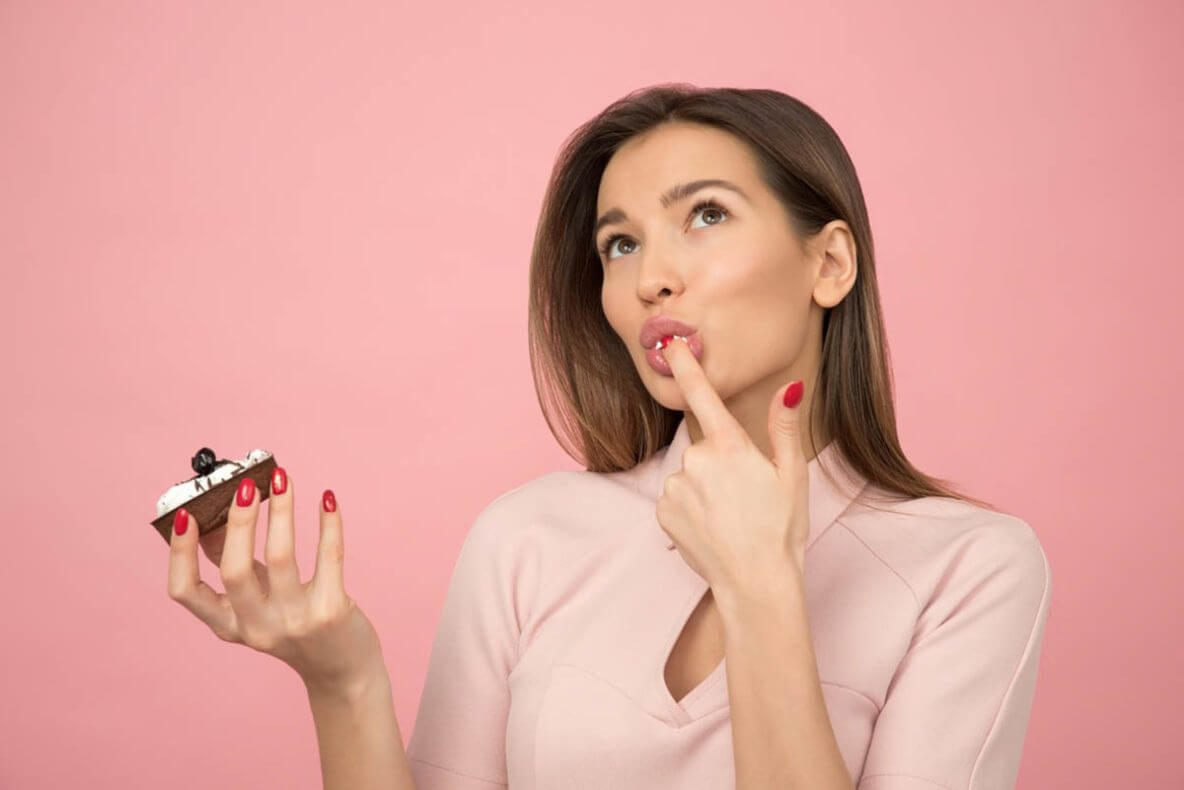
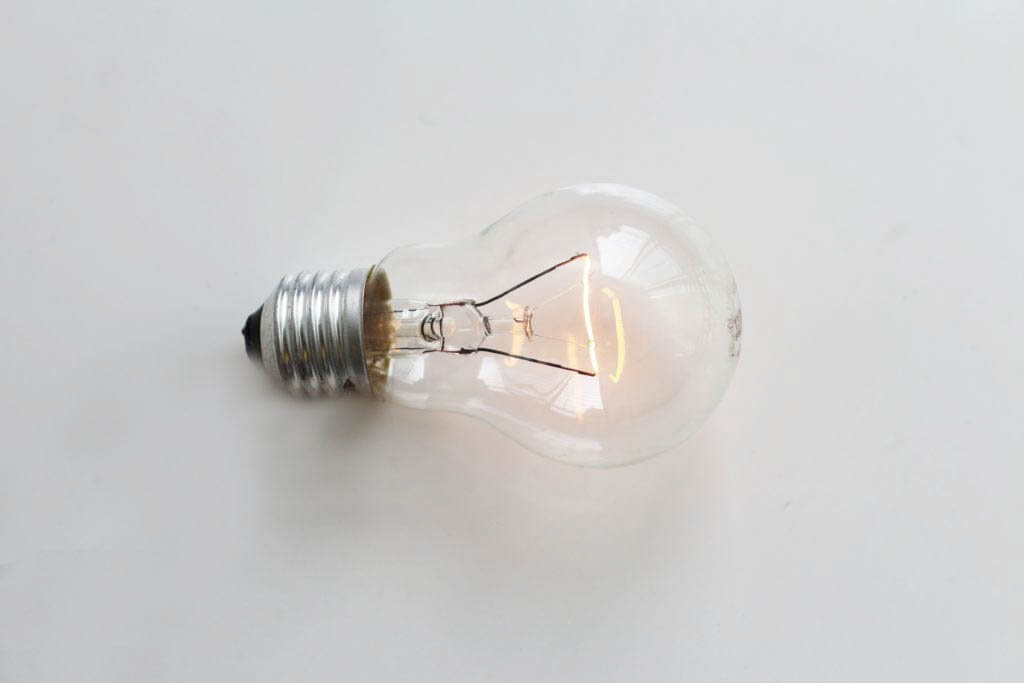












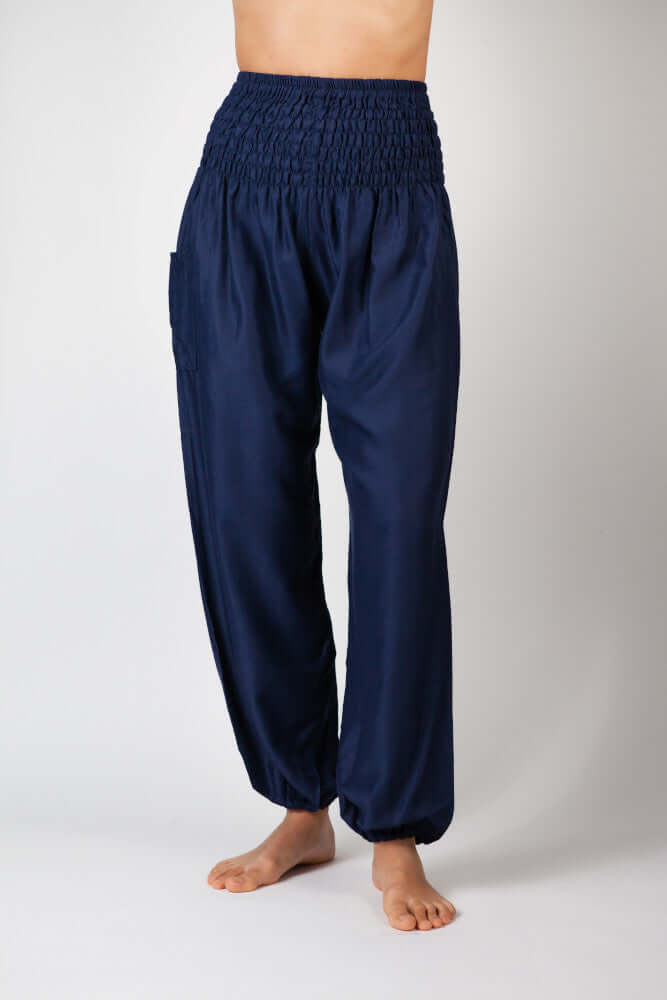
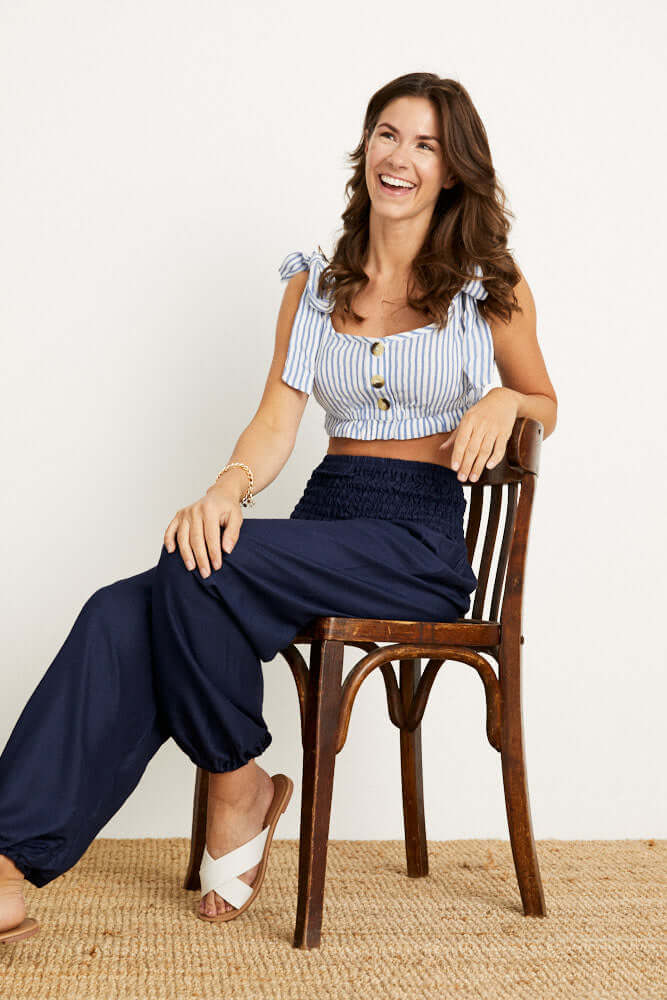
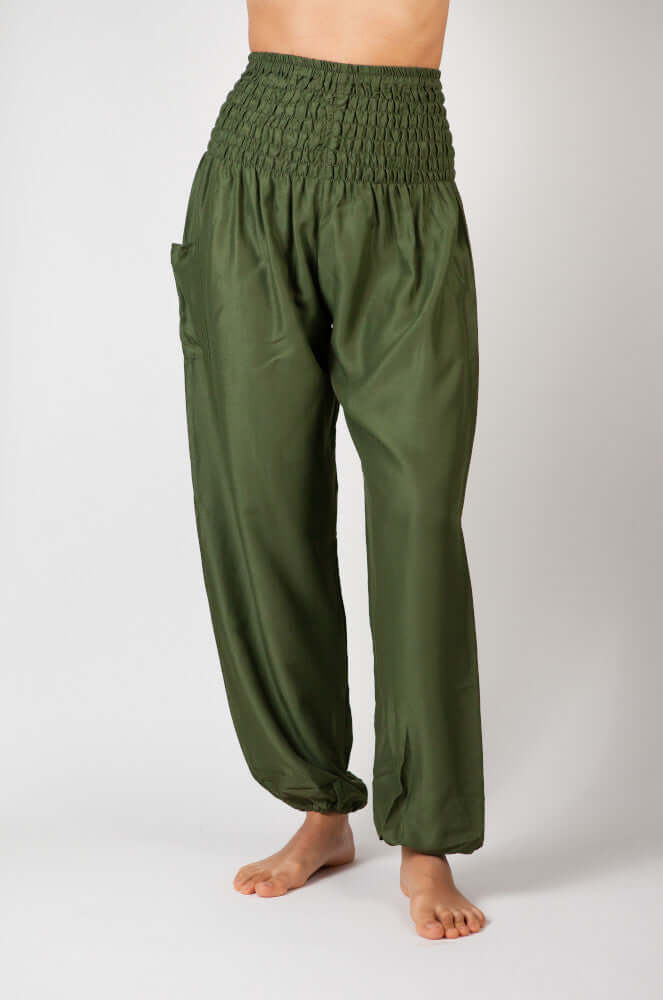
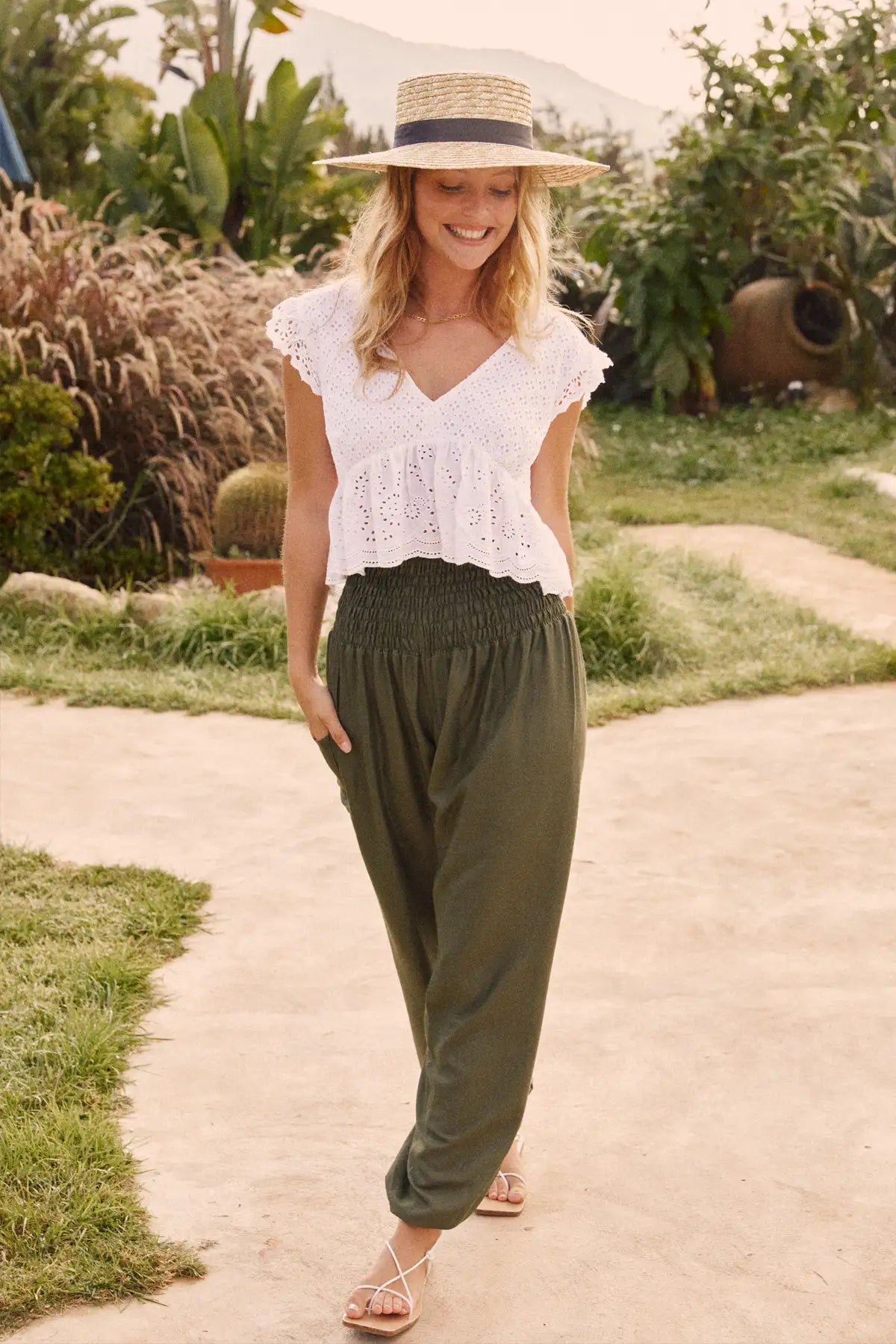
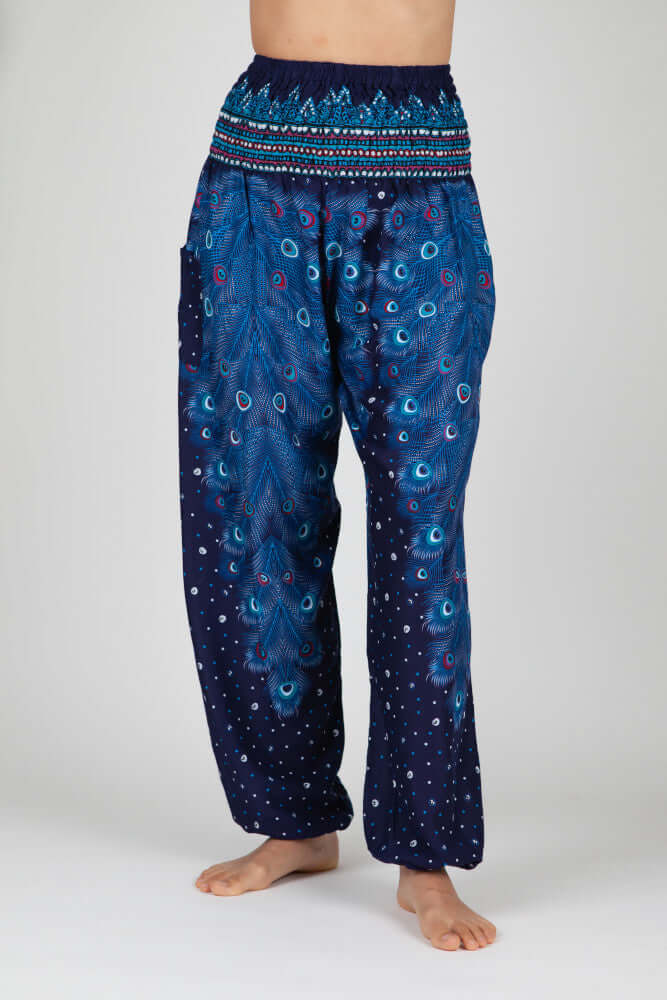
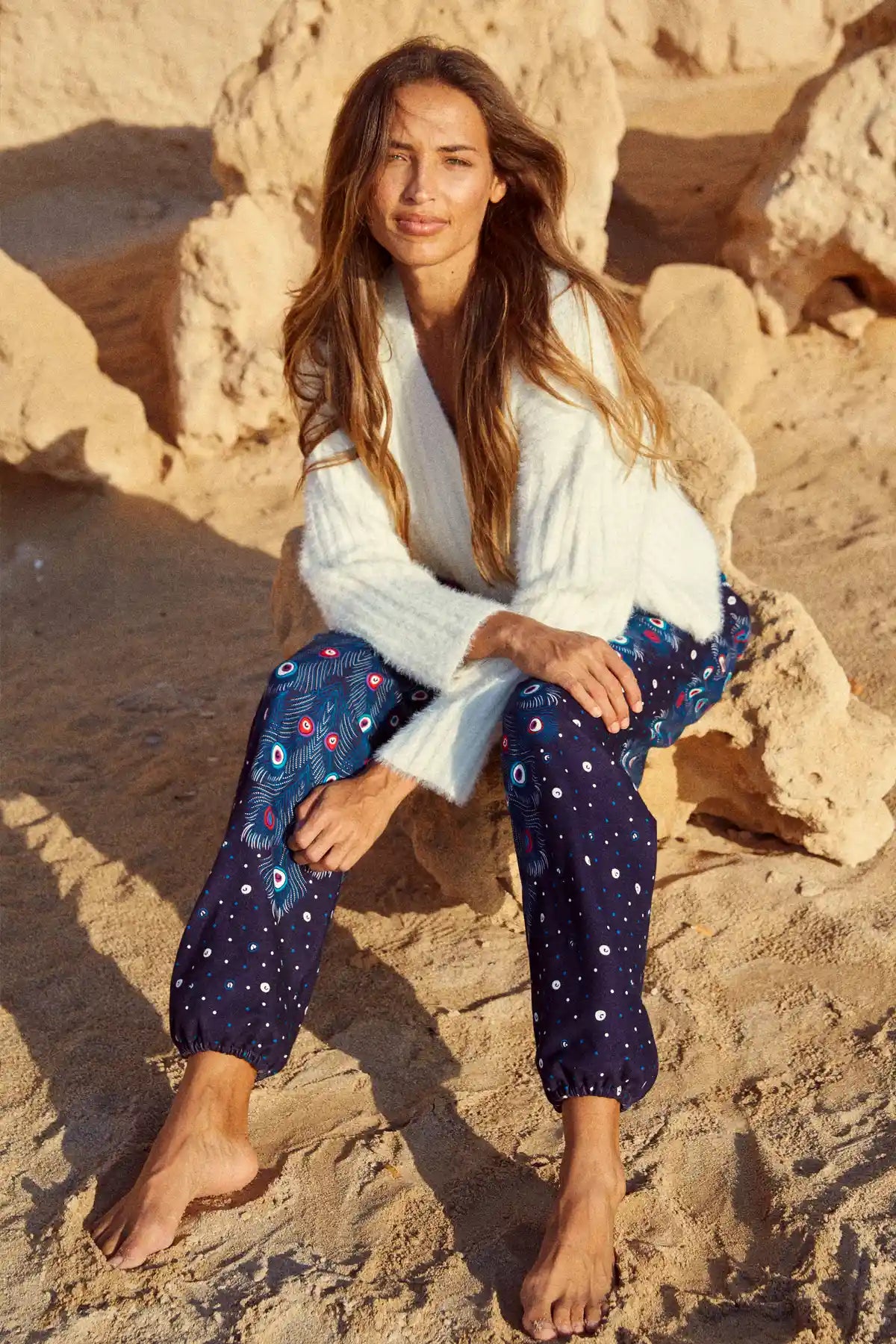
Leave a comment
This site is protected by hCaptcha and the hCaptcha Privacy Policy and Terms of Service apply.